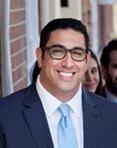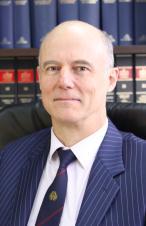Contact Us
KOGARAH OFFICE
Suite 309 – 310, Level 3
13A Montgomery Street
KOGARAH NSW 2217
SYDNEY CITY OFFICE
Ground Floor
54 Martin Place
SYDNEY NSW 2000
Email: solicitors@gmhlegal.com
Phone: (02) 9587 0458
Facsimile: (02) 9587 2936
Deceased Estates
Acting as an Executor can be a confusing and stressful experience. We’ve been helping Executors manage their duties and understand that it’s a very tough and emotional time for everyone involved. Which is why do our best to make the entire process as stress-free and smooth as possible.
What the estate comprises
The property and assets belonging to a person who has died, called their deceased estate, may include real estate, money in bank accounts, shares, and personal possessions. Some types of income can also form part of the deceased estate. However, some assets will not be included because the deceased may have made other arrangements to distribute them or own the assets as a joint tenant.
The deceased estate holds the assets of the deceased in trust from the time of the death of the person concerned until the transfer of the property and assets to their beneficiaries as nominated in their will. It is administered by either:
- an executor appointed in the person’s will, or
- an administrator appointed by the Supreme Court.
Being an executor
If you have been appointed as an executor or administrator of the estate, you will be responsible for managing the deceased estate’s tax affairs, as well as:
- carrying out (executing) the terms of the deceased person’s will
- complying with the relevant inheritance laws, where there is no will.
The executor or administrator (this information applies equally to both) is responsible for administering the deceased estate in the best interest of the beneficiaries nominated in the will (or if no will exists, the deceased person’s next of kin or other person according to a state or territory law).
Call the experienced team at GMH Legal to assist you in your matter.
A free consultation with GMH Legal is an opportunity to gain deep insights into your legal situation and all of your options.
Why Choose GMH Legal?
- Over 60 years of combined legal experience
- Outstanding track record with a winning approach
- First appointment is always free
- Meet our team now.






